The sudden death of actress Shefali Jariwala, known for her role in the 'Kaanta Laga' music video, at the age of 42 has highlighted the critical importance of heart health. While regular check-ups are essential for prevention, recognizing the immediate symptoms of cardiac arrest can be life-saving.

Here are five sudden symptoms that demand immediate attention:
Sudden collapse and loss of consciousness are hallmark signs of cardiac arrest. This occurs because the brain is deprived of oxygenated blood. The individual becomes unresponsive, failing to react to shaking or loud calls. This situation requires immediate hospitalization to increase the chances of survival.

During cardiac arrest, the heart either stops beating entirely or beats so erratically that it cannot effectively pump blood. Consequently, a pulse becomes undetectable. Breathing may cease altogether, or the individual may exhibit abnormal, gasping breaths known as agonal breathing. Such breathing is ineffective and cannot sustain life for long, necessitating immediate medical intervention.
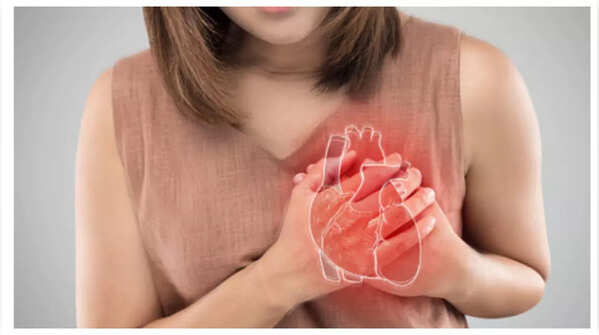
Prior to cardiac arrest, some individuals might experience chest pain, pressure, or general discomfort. These sensations can be accompanied by shortness of breath, nausea, or lightheadedness. These symptoms indicate that the heart is under significant stress and could be a precursor to sudden cardiac arrest.
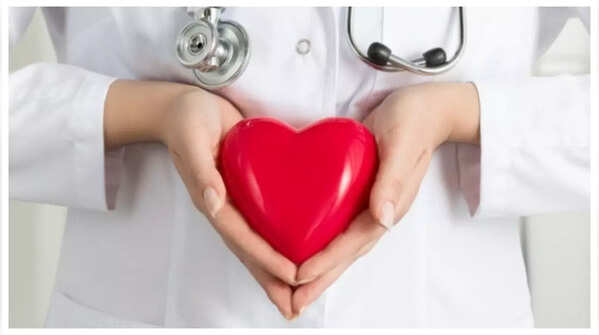
Abnormal heart rhythms (arrhythmias), such as ventricular fibrillation, can trigger a rapid, fluttering, or pounding heartbeat before the heart ceases to function properly. This irregular rhythm disrupts the heart's ability to effectively pump blood, potentially leading to sudden cardiac arrest.

In certain instances, individuals may experience weakness, dizziness, or shortness of breath shortly before collapsing. These symptoms serve as crucial warning signs, indicating that the heart is not functioning as it should and require immediate medical evaluation.

It's important to distinguish between a heart attack and cardiac arrest, as they are often confused.
| Feature | Heart Attack | Cardiac Arrest |
|---|---|---|
| Cause | Blockage in coronary arteries, restricting blood flow to the heart muscle | Electrical malfunction causing the heart to stop beating effectively |
| Heart Function | Heart usually continues to beat | Heart stops pumping blood to the brain and vital organs |
| Symptoms | Chest pain, shortness of breath, nausea, sweating | Immediate loss of consciousness, absence of pulse, no breathing |
| Onset | Can develop over time | Sudden and without warning |
| Fatality | Treatable if addressed promptly | Often fatal within minutes without intervention |
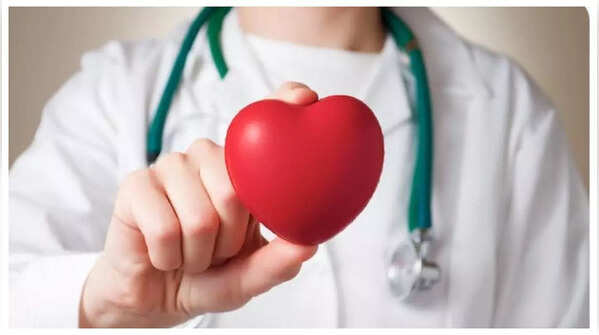
While both are serious heart emergencies, a heart attack occurs due to a blockage, whereas cardiac arrest is an electrical problem. In Shefali Jariwala's tragic case, cardiac arrest struck suddenly, underscoring the urgency of recognizing and responding to its warning signs.
Newer articles
Older articles
 Gavaskar Calls for Kuldeep Yadav's Inclusion in Second Test Amid Bumrah Fitness Concerns, Cites Edgbaston Spin Advantage
Gavaskar Calls for Kuldeep Yadav's Inclusion in Second Test Amid Bumrah Fitness Concerns, Cites Edgbaston Spin Advantage
 Indian Astronaut Shukla Arrives at ISS, Ushering in New Era for Space Program
OR
India Celebrates as Shukla Reaches ISS, Advancing Ambitious Space Goals
Indian Astronaut Shukla Arrives at ISS, Ushering in New Era for Space Program
OR
India Celebrates as Shukla Reaches ISS, Advancing Ambitious Space Goals
 Rishabh Pant Revolutionizing Cricket, Says Greg Chappell
Rishabh Pant Revolutionizing Cricket, Says Greg Chappell
 Toxic Workplace Warning Signs: Spot the Red Flags Early
Toxic Workplace Warning Signs: Spot the Red Flags Early
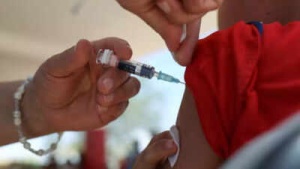 Global Immunization Crisis: Millions of Children at Risk as Vaccine Coverage Lags, Study Reveals
Global Immunization Crisis: Millions of Children at Risk as Vaccine Coverage Lags, Study Reveals
 Moto G54 Price Slashed in India: Check Out the Discounted Rates and Specs
Moto G54 Price Slashed in India: Check Out the Discounted Rates and Specs
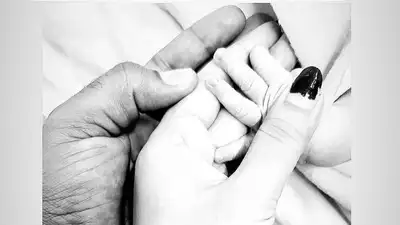 Indian Cricket Star Mukesh Kumar and Wife Divya Singh Announce the Arrival of Baby Boy
Indian Cricket Star Mukesh Kumar and Wife Divya Singh Announce the Arrival of Baby Boy
 IRCTC Launches AI Chatbot 'AskDisha 2.0' to Revolutionize Train Ticket Booking and Customer Service
IRCTC Launches AI Chatbot 'AskDisha 2.0' to Revolutionize Train Ticket Booking and Customer Service
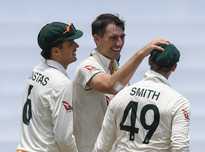 Cummins Lauds Australia's Dominant Start to WTC Campaign After West Indies Series Win
Cummins Lauds Australia's Dominant Start to WTC Campaign After West Indies Series Win
 Smith Targets Test Return After Innovative Baseball Cage Rehab in New York
Smith Targets Test Return After Innovative Baseball Cage Rehab in New York